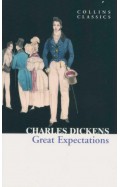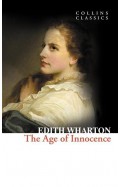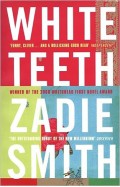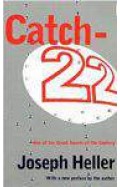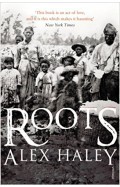The Penguin Book of Greek and Latin Lyric Verse
By: Christopher Childers
-
Rs 11,295.00
Due to constant currency fluctuation, prices are subject to change with or without notice.
'An extraordinary feat ... Over and over, I was impressed both by Childers's technical abilities and his vivid way of evoking the multiple voices in this rich tradition' Emily Wilson, translator of the Odyssey and the Iliad
'Where does the lyric begin? One answer – a capacious and generous one – is given by Christopher Childers's anthology, in which translations of both Greek and Latin lyric poetry are offered in large servings, with extensive and ambitious commentary ... bold and worthwhile ... readable and learned' Peter McDonald, TLS
'An extraordinary achievement, in scope, scale and skill' Richard Jenkyns, author of Classical Literature
The poems in this lively, wide-ranging and richly enjoyable anthology are the work of priestesses and warriors; of philosophers and statesmen; of teenage girls, concerned for their birthday celebrations; of drunkards and brawlers; of grumpy old men, and chic young things. Their authors write – or sing – about hopes, fears, loves, losses, triumphs and humiliations. Every one of them lived and died between 1,900 and 2,800 years ago.
The Penguin Book of Greek and Latin Lyric Verse is a volume without precedent. It brings together the best of two traditions normally treated in isolation, and in doing so tells a captivating story about how literature and book-culture emerged from an oral society in which memory and learning were transmitted through song. The classical vision of lyric poetry as understood by the greatest ancient poets – Sappho and Horace, Bacchylides and Catullus – mingles and interacts with our expansive modern vision of the lyric as the brief, personal, emotional poetry of a human soul laid bare.
Anyone looking for a picture of what ancient poets were up to when they were simply singing to the gods, or to their friends, or otherwise opening little verbal windows into their life and times can find it here. It is a volume full of fire and life: an undertaking of astonishing reach, and an accomplishment magisterial in its scope.
'An extraordinary feat ... Over and over, I was impressed both by Childers's technical abilities and his vivid way of evoking the multiple voices in this rich tradition' Emily Wilson, translator of the Odyssey and the Iliad
'Where does the lyric begin? One answer – a capacious and generous one – is given by Christopher Childers's anthology, in which translations of both Greek and Latin lyric poetry are offered in large servings, with extensive and ambitious commentary ... bold and worthwhile ... readable and learned' Peter McDonald, TLS
'An extraordinary achievement, in scope, scale and skill' Richard Jenkyns, author of Classical Literature
The poems in this lively, wide-ranging and richly enjoyable anthology are the work of priestesses and warriors; of philosophers and statesmen; of teenage girls, concerned for their birthday celebrations; of drunkards and brawlers; of grumpy old men, and chic young things. Their authors write – or sing – about hopes, fears, loves, losses, triumphs and humiliations. Every one of them lived and died between 1,900 and 2,800 years ago.
The Penguin Book of Greek and Latin Lyric Verse is a volume without precedent. It brings together the best of two traditions normally treated in isolation, and in doing so tells a captivating story about how literature and book-culture emerged from an oral society in which memory and learning were transmitted through song. The classical vision of lyric poetry as understood by the greatest ancient poets – Sappho and Horace, Bacchylides and Catullus – mingles and interacts with our expansive modern vision of the lyric as the brief, personal, emotional poetry of a human soul laid bare.
Anyone looking for a picture of what ancient poets were up to when they were simply singing to the gods, or to their friends, or otherwise opening little verbal windows into their life and times can find it here. It is a volume full of fire and life: an undertaking of astonishing reach, and an accomplishment magisterial in its scope.
The Penguin Book of Greek and Latin Lyric Verse
By: Christopher Childers
Rs 11,295.00 Ex Tax :Rs 11,295.00
Zubin Mehta: A Musical Journey (An Authorized Biography)
By: VOID - Bakhtiar K. Dadabhoy
Rs 840.00 Rs 1,050.00 Ex Tax :Rs 840.00
No similar books from this author available at the moment.
No recently viewed books available at the moment.
Zubin Mehta: A Musical Journey (An Authorized Biography)
By: VOID - Bakhtiar K. Dadabhoy
Rs 840.00 Rs 1,050.00 Ex Tax :Rs 840.00
The Penguin Book of Greek and Latin Lyric Verse
By: Christopher Childers
Rs 11,295.00 Ex Tax :Rs 11,295.00














-120x187.jpg?q6)





